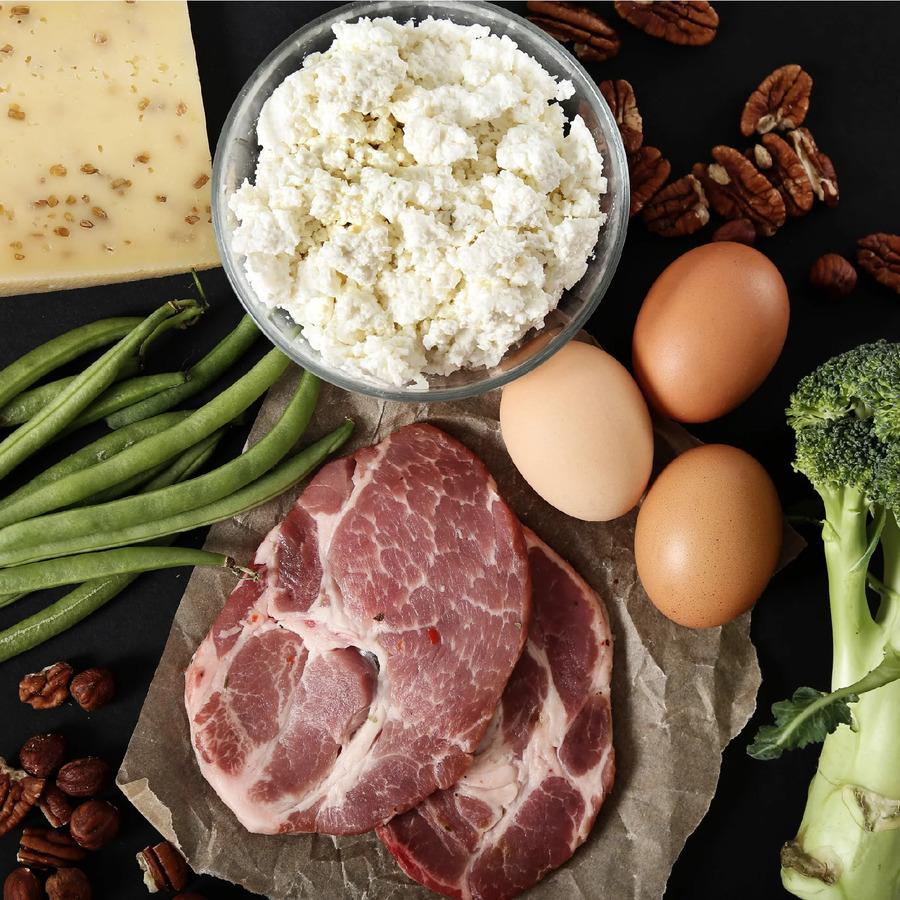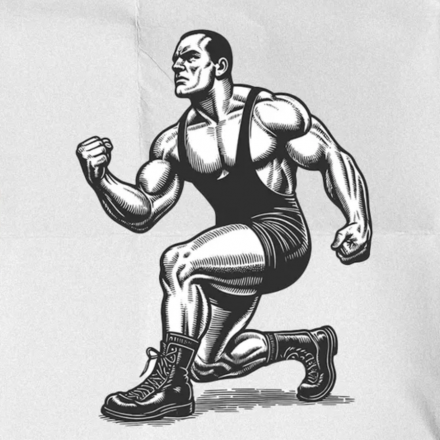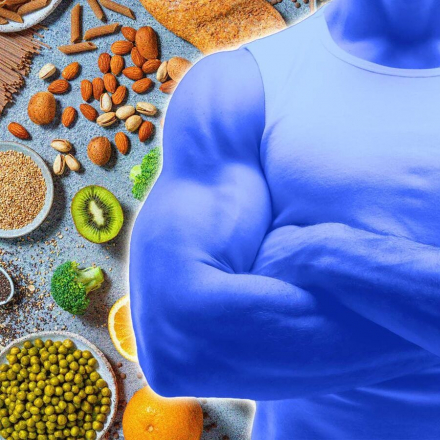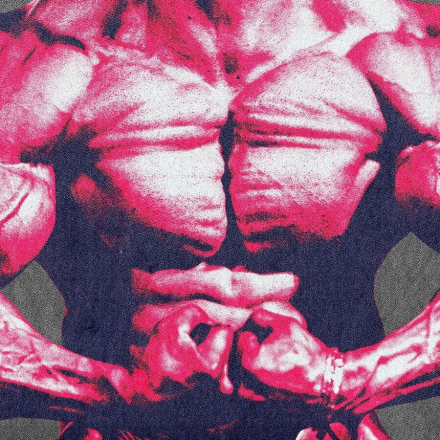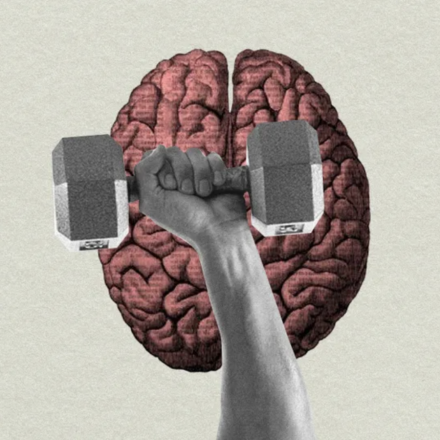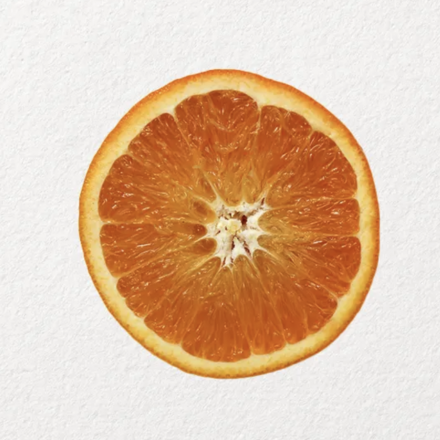Healthy and strong bones are the foundation of the body's normal functioning, especially as you age. However, age isn't always the only factor that affects bone health. Sometimes the problem lies in what we eat. Certain foods can weaken bones, promoting their degradation and increasing the risk of injury. In this article, we’ll talk about nine foods to avoid if you want to keep your skeletal system in good condition.
Foods High in Sodium
Salt is the primary enemy of healthy bones. Excess sodium intake promotes calcium loss from the body, directly impacting bone density. Many processed foods like canned soups, sauces, deli meats, french fries, and chips are high in salt. Studies show that men who consume a lot of salty foods are more prone to osteoporosis. So, if you want to maintain healthy bones, try to cut down on salt in your diet.
Alcohol
Chronic alcohol consumption has serious consequences for bone health. It interferes with calcium and vitamin D absorption, which are necessary for maintaining bone mass. Alcohol also disrupts hormonal balance, further weakening bones. Even if you don't have osteoporosis, excessive alcohol consumption won’t do your bones any favors.
Foods with Added Sugars
Excess sugar intake harms your bones. Not only does it promote calcium, magnesium, and potassium depletion, but it also inhibits vitamin D absorption — another crucial element for bone mass. Foods like sweet bars, muesli, canned fruits in syrup, and sodas contain a lot of added sugar and can seriously damage your bones.
Caffeine
One cup of coffee a day won’t hurt, but if you’re drinking several cups a day, you should be cautious. Caffeine accelerates calcium depletion from the body, which over time can lead to weakened bones. This risk is heightened when coffee is consumed along with sugary foods. Remember that regular excessive caffeine consumption can disrupt the calcium balance in your body.
Sugary Soft Drinks
Soft drinks are harmful not only because of their high sugar content. They also contain phosphoric acid, which promotes calcium loss from the body, reducing bone mineral density. This increases the risk of fractures. It's best to limit your consumption of soft drinks, replacing them with water, tea, or natural juices.
Foods High in Oxalates
Dark leafy greens, like spinach, as well as rhubarb and tea, contain oxalates. These substances can bind with calcium, preventing its absorption by the body. However, this doesn’t mean you should eliminate spinach and other healthy vegetables from your diet. Just pair them with calcium-rich foods, like cheese or fish, to maximize the absorption of these essential minerals.
Wheat Bran
Wheat bran is a healthy food, but it contains phytates that prevent calcium absorption. This doesn’t mean you need to eliminate it from your diet, but you shouldn’t consume it too often. Soaking and cooking wheat bran helps reduce the phytate content, making the product less harmful to bone health.
Liver and Fish Oil
Liver and fish oil are beneficial for eyesight, the immune system, and other aspects of health. However, they contain vitamin A, and excess vitamin A can be harmful to your bones. Overconsumption of vitamin A can reduce bone mineral density, increasing the risk of fractures. Therefore, it’s important to control the amount of these foods in your diet.
Too Much Protein
Protein is essential for metabolism and building strong muscles, but too much protein can harm your bones. High-protein diets, often used in weight loss or muscle-building programs, can lead to calcium loss from the body. It’s best to follow a balanced diet to avoid overloading your body with protein and maintain healthy bones.

